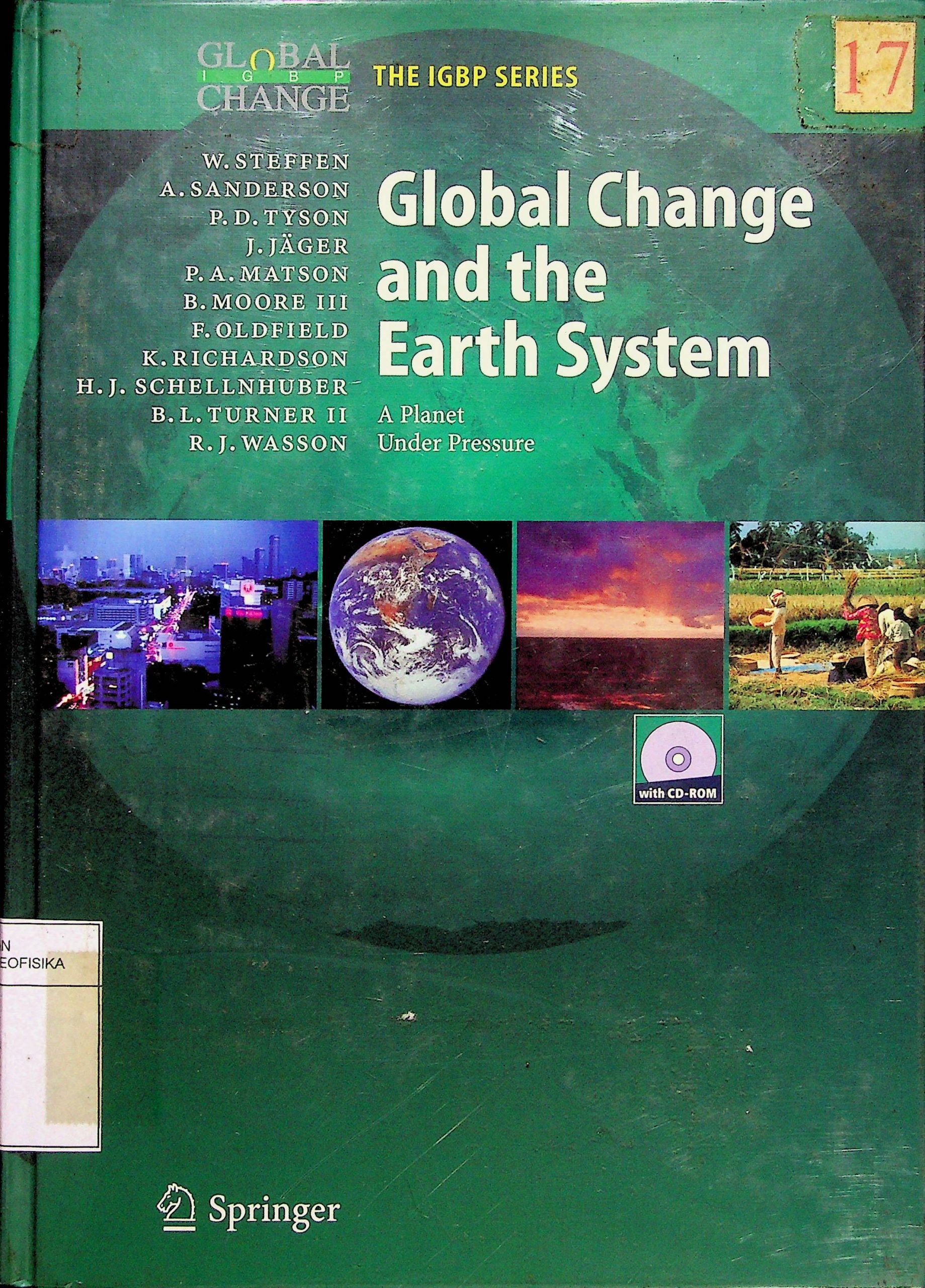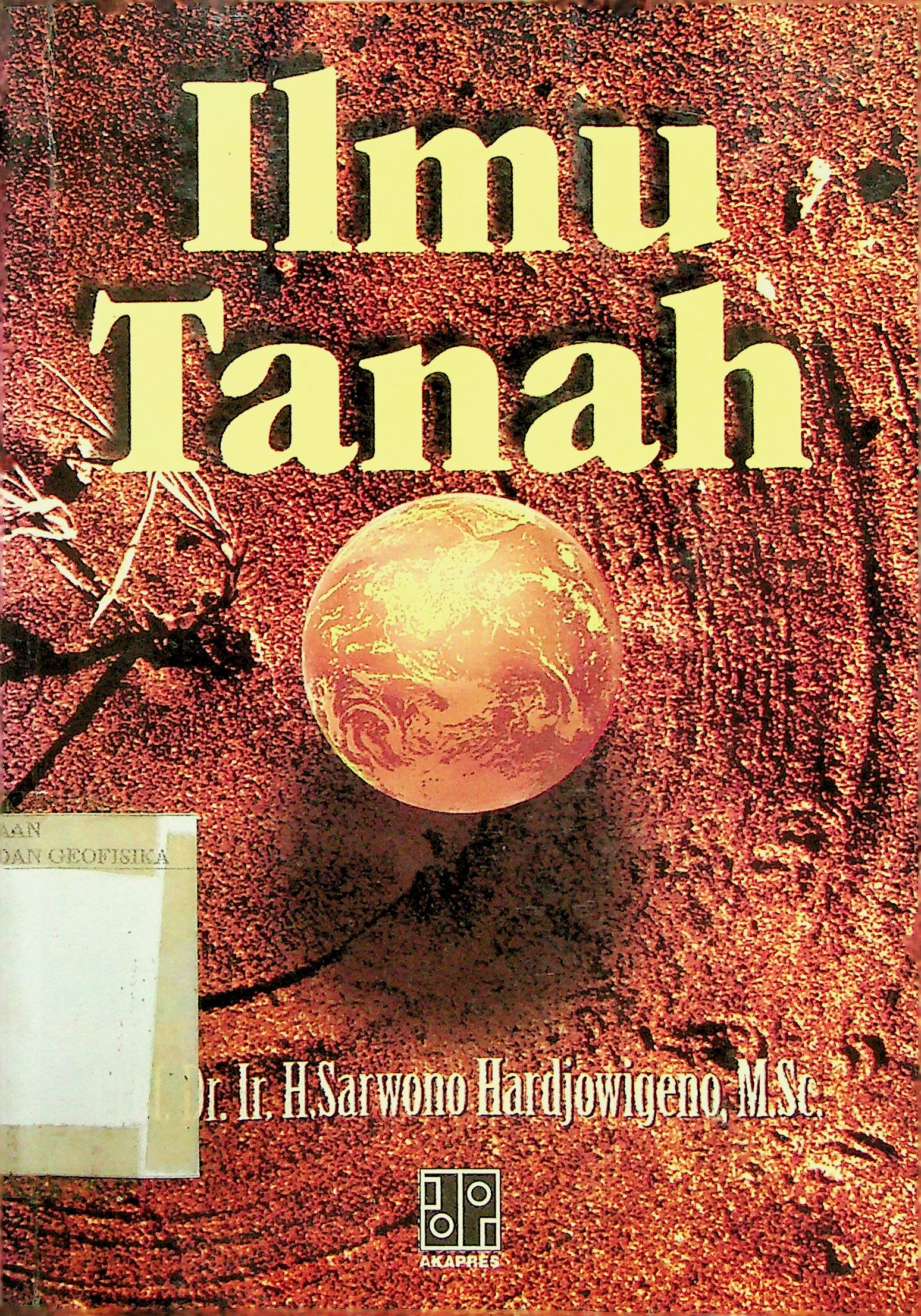The relationship of humans with the Earth’s environment has changed throughout the evolution of Homo sapiens and the development of societies. For virtually all of human existence on the planet, interaction with the environment has taken place at the local, or at most the regional, scale, except perhaps for one example in which regional-scale human activities were repeated to create global consequences in concert with climate change - the Holocene megafauna extinction. Apart from this possible example, the environment at the scale of the Earth as a whole - the passing of the seasons, the vagaries of weather and climate, the ebbing and flowing of river systems and glaciers, the rich diversity of life in all its forms - has been a framework within which humans have been able to evolve and develop social structures, subject only to the great forces of nature and the occasional perturbations of extraterrestrial origin. The Earth’s environment has been a bountiful source of resources as well as a remarkably accommodating life support system that has allowed human civilisations to develop and flourish.
5
Global Change and the Earth System
W. Steffen • A. Sanderson ■ P. D. Tyson • J. Jager • P. A. Matson • B. Moore III F. Oldfield • K. Richardson • H. J. Schellnhuber • B. L. Turner II • R. J. Wasson
Penerbit :
Springer
Tahun :
2005
Buku Text
Earth
-
No Scan373
-
No Klasifikasi551.6
-
ISBN3-540-26594-5
-
ISSN-
-
No Registrasi071A/XIII/2007
-
Lokasi Terbit-
-
Jumlah Hal11
-
Label551.6 Ste g
-
Versi DigitalYA
-
Versi FisikYA
-
Lokasi Rak Buku Fisik01/B/12
-
Jumlah Exemplar Fisik Tersedia1






